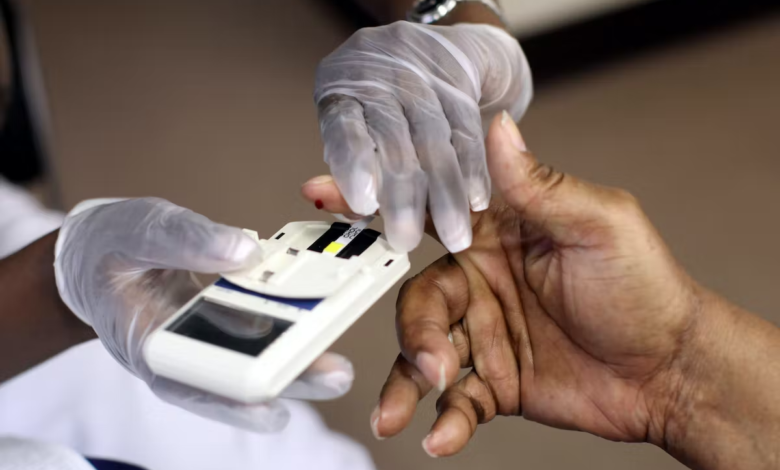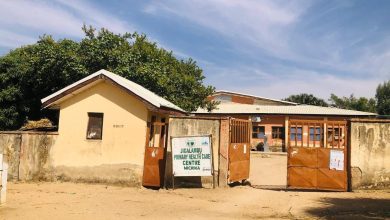WorldDiabetesDay: More Than Half Of Africans Living With Diabetes Are Undiagnosed
As the world celebrates World Diabetes Day, the World Health Organisation (WHO) revealed that the lack of testing equipment and access to quality treatment is worsening the situation in Africa which already accounts for the highest mortality rate due to the endemic condition.

More than half of people living with diabetes in Africa are undiagnosed, an analysis by the World Health Organisation (WHO) has shown.
The WHO’s estimate is that only 46 per cent of people living with diabetes in Africa know they have the condition.
The failure to diagnose the disease early enough is exacerbating the situation in the region which already accounts for the highest mortality rate due to the endemic conditions.
According to the analysis released in commemoration of World Diabetes Day, the region also has a higher average of deaths before the age of 70 from diabetes. It accounts for 58 per cent more than the global average of 48 per cent, the analysis says.
Diabetes is a chronic health condition that affects how the body turns food into energy. The disease can result in other major health challenges such as blindness, kidney failure, heart attacks, stroke and limb amputation.
In Nigeria alone, experts in the health sector have revealed that over 11 million people live with diabetes and a majority of them are unaware. Those who are aware of their status do not know how to manage their condition, they noted.
The WHO says that the lack of testing equipment, inadequate number of health experts, poor access to health facilities, and the general lack of awareness on the disease are some of the barriers to diabetes diagnosis. “Without testing, diabetes becomes a silent killer,” Dr Matshidiso Moeti, WHO Regional Director for Africa says.
She added that “while countries face several barriers to tackling diabetes, the rising prevalence of the disease is a wakeup call to reinforce health care, improve diagnosis, access to life-saving diabetes medicines and prioritize diabetes as a major health challenge.”
Currently, 24 million adults are living with diabetes in Africa and these figures are projected to rise to 55 million by 2045, the report says.
Access to care in Nigeria
‘Access to care’ is this year’s theme for World Diabetes Day, which spotlights people living with diabetes’ lack of access to affordable treatment and quality care. It is also urging the international community and global leaders to improve preventive measures against the disease.
A report published by The Conversion revealed that the prevalence of diabetes has steadily increased in Nigeria. It noted that only 1 per cent of the population had the disease in 1960 to about 6 per cent in 2021.
It added that the numbers of people living with the chronic illness are relatively higher in urban areas. This may be due to the lack of testing facilities and equipment in rural areas that have left diabetic people untested.
“There are few opportunities for Nigerians to know whether they already harbor diabetes or are at risk of developing it,” the report explains. “Screening, information and basic care should be available through primary healthcare facilities, but these are not functioning properly in most parts of Nigeria. They are not well staffed and resourced.”
According to the WHO, from 2011 to 2021 Africa recorded a “five-fold rise” in Type 1 diabetes among children and adolescents, with confirmed cases rising from 4 per 1000 children to nearly 20 per 1000.
Support Our Journalism
There are millions of ordinary people affected by conflict in Africa whose stories are missing in the mainstream media. HumAngle is determined to tell those challenging and under-reported stories, hoping that the people impacted by these conflicts will find the safety and security they deserve.
To ensure that we continue to provide public service coverage, we have a small favour to ask you. We want you to be part of our journalistic endeavour by contributing a token to us.
Your donation will further promote a robust, free, and independent media.
Donate HereStay Closer To The Stories That Matter




